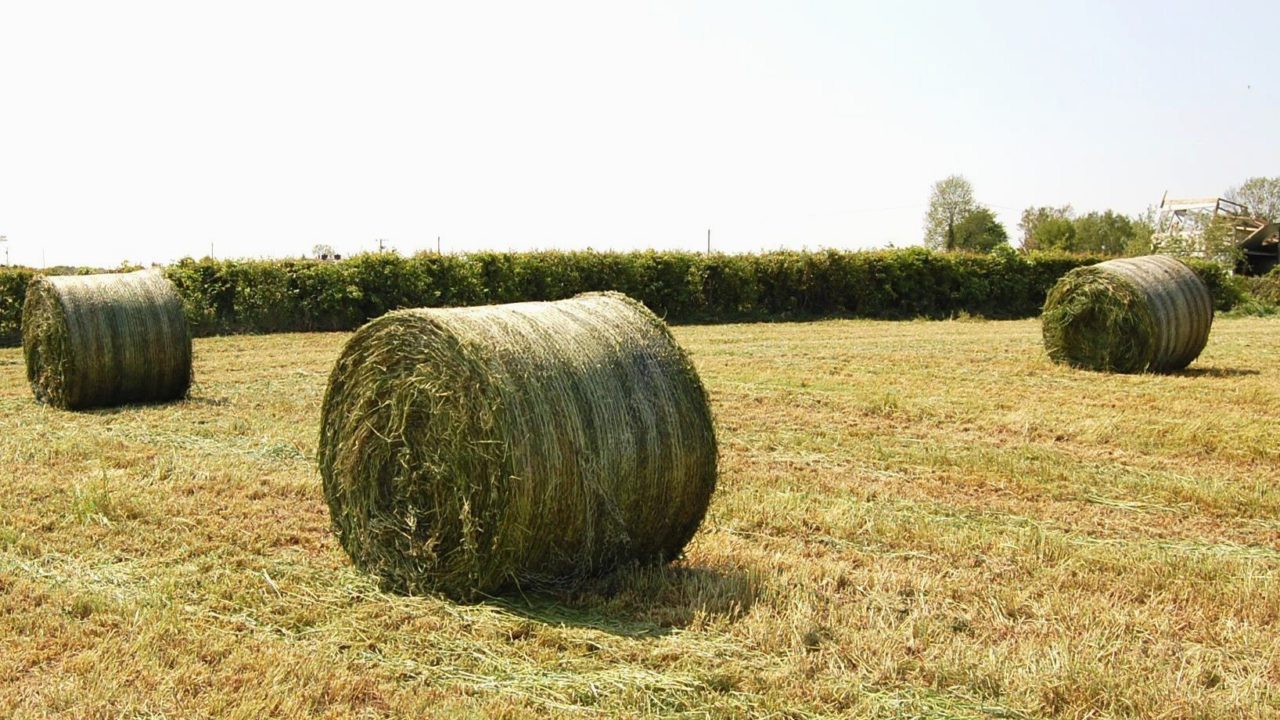Minister for Agriculture, Food and the Marine, Charlie McConalogue has said that he is “very cautious” about extending the deadline for the Fodder Support Scheme.
However, the minister said that he will consider the request made to change the date by which silage must be harvested as part of the measure.
The Association of Farm and Forestry Contractors in Ireland (FCI) has called for the final date for harvesting to be extended from September 5 to September 30, due to poor grass growth arising from “near drought conditions”.
The group said that grass growth has been static on some farms.
Speaking to Agriland in Tokyo as he leads a government agri-food trade mission to Japan, Singapore and Vietnam, the minister explained that the reason the deadline had been set was to ensure farmers’ application would be processed and payments made.
“I will certainly reflect on the point that has been made but at this stage I would be very cautious about extending it on the basis that I want to ensure that money gets to farmers in a timely fashion,” he outlined.
The minister said that he expected the National Fodder and Food Security Committee would be assessing the challenges seen in parts of the country in recent weeks where grass growth has been lower and fodder has been used.
He said that the scheme is an important measure to protect farm incomes against rising costs while also aiming to prevent another fodder crisis.

McConalogue noted that reports on the ground suggest there are “good stocks” of silage and hay following the hard work of farmers in recent months.
“I think we’re in a strong position, certainly the feedback is that we’re in a strong position. But it is being closely monitored by the National Fodder and Food Security Committee.”
“Everybody’s efforts have worked well to this point, obviously we still have to see what the back end is like. Hopefully we will get a good grazing season and then we have to continue to assess the situation over the winter and see what the spring is like.
“But I think we are in as strong a position as we could have hoped to be at this point in time,” he said.
